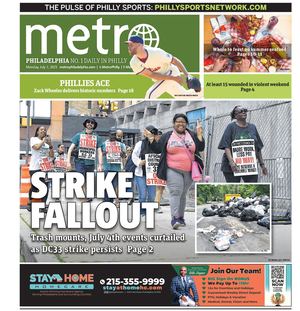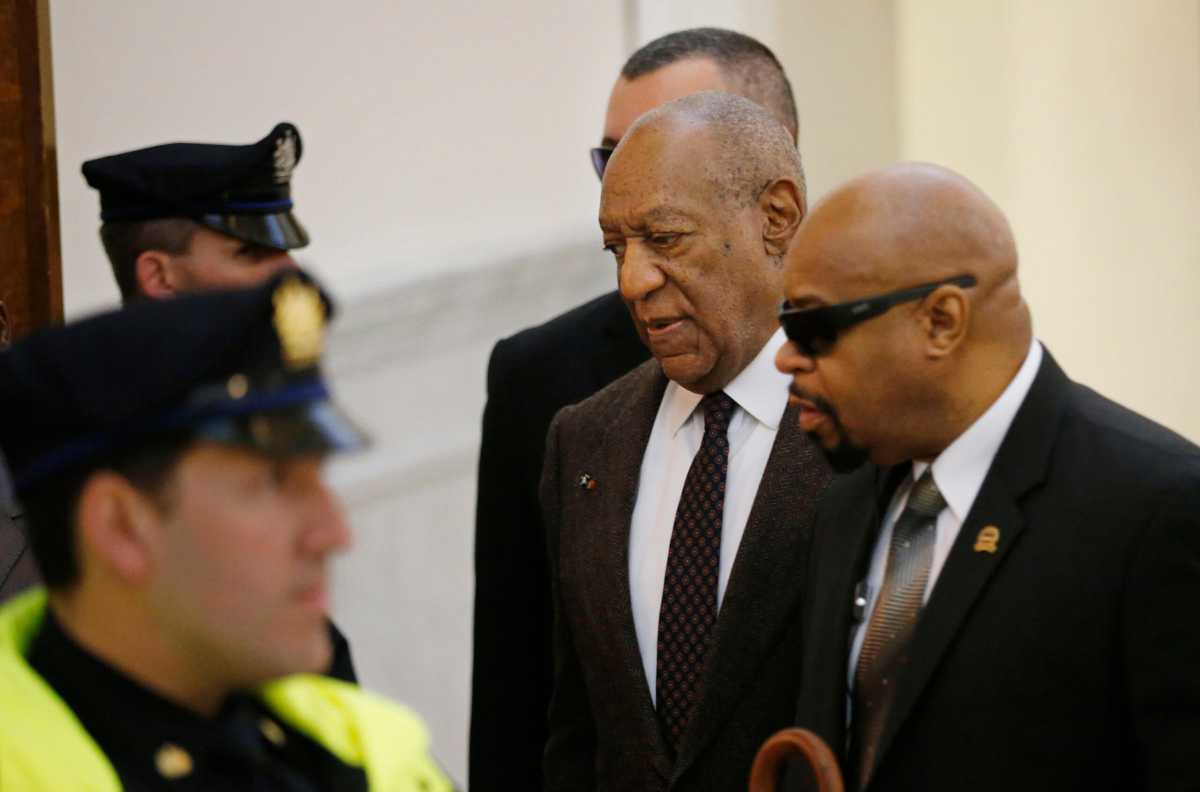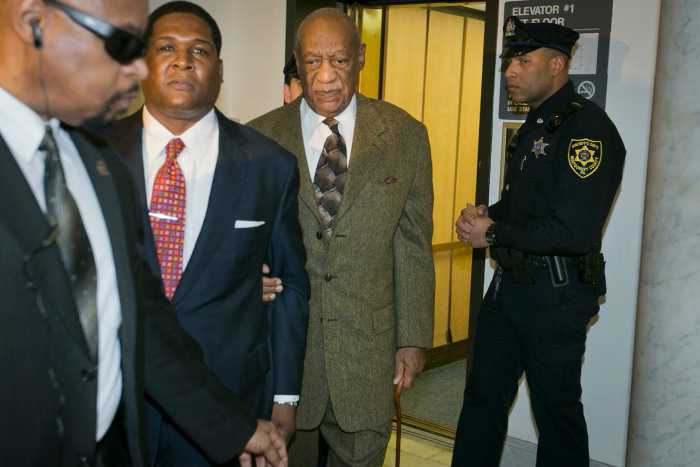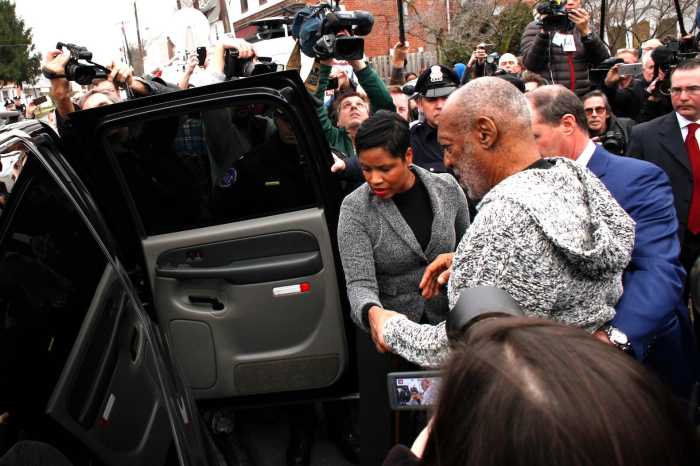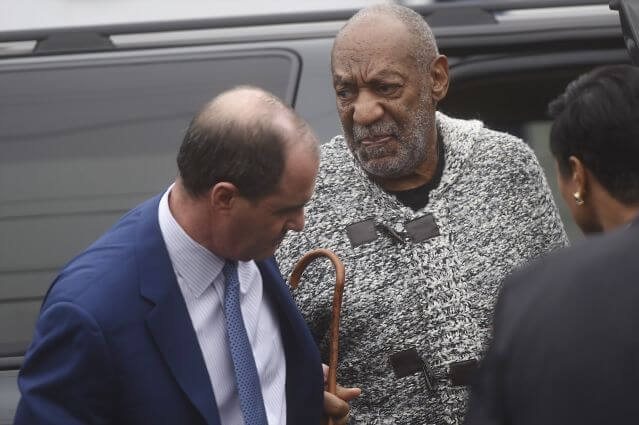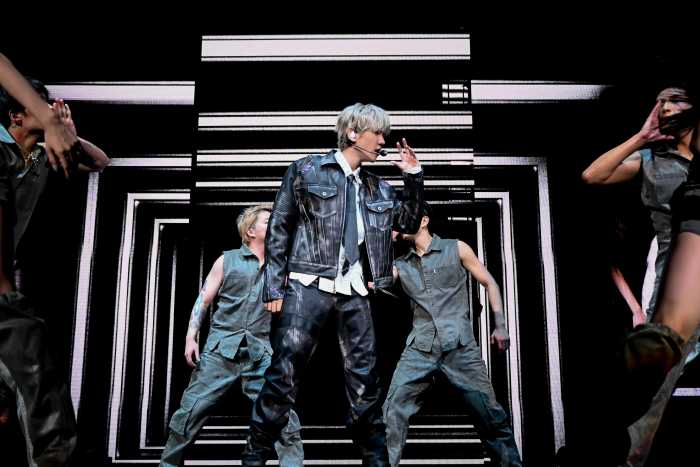Pennsylvania’s top court heard arguments Tuesday in the case of Bill Cosby, as attorneys for the disgraced comedian attempt to overturn his 2018 sexual assault conviction.
His legal team is arguing that the trial judge should not have allowed testimony from five women who accused Cosby of drugging and assaulting them in the 1980s.
They also claim an informal agreement between Cosby and a former Montgomery County district attorney should have prevented charges from being brought in the first place.
Cosby, 83, who was not present for the hearing, is serving three-to-10 years in prison in connection with a 2004 incident at his Cheltenham home. The Philadelphia native is currently behind bars at SCI Phoenix in Collegeville.
Andrea Constand, who, at the time, worked for Temple University’s women’s basketball team, said Cosby gave her three blue pills, which incapacitated her.
He went on to penetrate her with his fingers, fondle her breasts and use her hand to masturbate himself, according to Constand’s account.
After his first trial ended in a hung jury, prosecutors attempted to bring to the stand a host of women who have accused Cosby of misconduct over the years.
Five testified, showing that he engaged in a “years-long signature predatory pattern of seeking out and intentionally isolating young women so he could intoxicate them for the ultimate purpose of sexually assaulting them,” Assistant District Attorney Adrienne Jappe said at Tuesday’s hearing.
Cosby’s attorney Jennifer Bonjean said the witnesses biased the jury, denying her client a fair trial.
“He had no shot,” she told the justices. “The presumption of innocence just did not exist for him at that point.”
Via video conference, the justices lobbied questions at both sides, and some questioned whether Cosby’s behavior demonstrated a “signature” and whether the earlier incidents were relevant to the Constand case.
In legal briefs, Cosby’s attorneys argued that sexual assaults involving drugs are so common that it couldn’t be the comedian’s trademark, and that the decades-old allegations — none of which led to charges — bear little resemblance to Constand’s accusations.
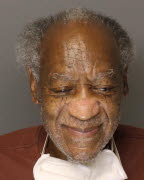
“If you’re talking about a signature, you better incorporate all of the facts that we have in the case that’s on trial with what you are offering as a signature because, frankly, I don’t see it,” state Supreme Court Justice Christina Donohue said.
Without the witnesses, prosecutors would have had to rely on Constand’s testimony alone, but Jappe said she believes Cosby still would have been convicted.
“If that’s true, why’d you need the five witnesses?” Chief Justice Thomas Saylor replied.
Another damning piece of evidence against Cosby was tape from a civil court deposition where he admitted to providing Quaaludes to women with whom he wanted to have sex.
In the same interview, he said he gave Benadryl to Constand. The civil litigation ended with Cosby paying a $3.4 million settlement to Constand.
Cosby’s attorneys have maintained that he only provided that information in exchange for a promise of immunity from former Montgomery County District Attorney Bruce Castor.
The trial judge didn’t agree with that assessment and allowed the deposition to be introduced.
Bonjean pointed to a 2005 press release from Castor’s office which said authorities wouldn’t be pressing charges.
Prosecutor Bob Fallin noted the release states that the district attorney was open to reconsidering the matter. It did not mention an immunity agreement.
Justice Kevin Dougherty indicated that he doesn’t believe Cosby was naive enough to think he could rely on the alleged deal and questioned why the comedian didn’t plead the fifth.
“We’re dealing with an individual who’s knowledgeable of the legal system,” Dougherty said.
Fallin said the Supreme Court should trust the trial judge’s decision in tossing out the agreement.
“I understand your argument,” Justice Max Baer told Bonjean at one point in the hearing. “I tend to agree that this evidence was extraordinarily prejudicial to your client, but there’s a trial court discretion component here.”
It’s not clear when the court will issue its ruling.
